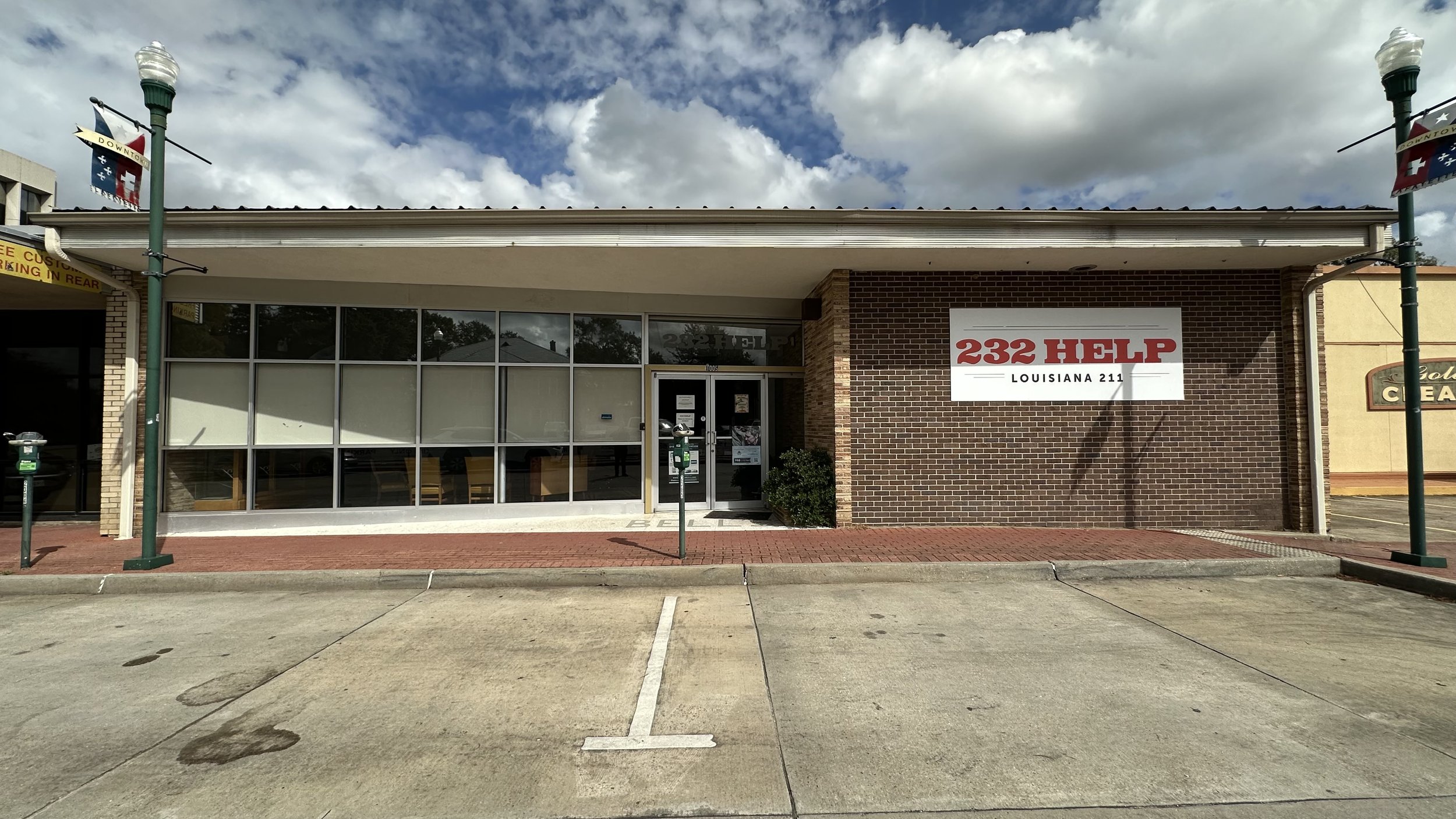
Inclusion - Exclusion Policy
Date of Last Approval: July 14, 2025
The 232-HELP Resource Database is a comprehensive tool that our Community Resource Specialists use to provide our neighbors seeking support with resources to meet their needs.
An inclusion/exclusion policy objectively defines what organizations are welcomed to be listed in the 232-HELP resource database. We reserve the right to determine the inclusion/exclusion criteria.
Organizations to be considered for inclusion into the 232-HELP resource database include:
Non-profits: i.e., 501(c)(3)’s, faith-based organizations that provide human services, educational institutions, or organizations with less formal status run by mainly volunteers
For-profit postsecondary institutions are subject to guidelines under for-profits below
Religious activities will be excluded from the database (worship services)
Government agencies: local, parish, state, federal or mandated partnership organizations, schools, school districts, and other similar organizations.
For-profits: may be included if they:
offer a commonly requested, low-cost service not provided by nonprofits in the area
are mental and/or behavioral health service providers that accept Medicaid with no resistance
offer critical services to underserved multilingual communities with sliding scale fees
Imporant note: 232-HELP’s resource database will not be providing free marketing to businesses. Organizations that generate revenue from referrals or client data are excluded from the database.
Exclusion
Criteria for exclusion is listed below. Your organization will be excluded from our resource database if you:
Deny service based on color, race, sexual orientation, gender identity, religion, national origin, or ancestry.
Do not provide services to the public.
Generate revenue from referrals or client data.
Violate federal, state, or local laws and regulations.
Misrepresent themselves and/or the services they provide.
Are unresponsive to requests to update the database.
Organizations that have been excluded may attempt an appeal. An appeal consists of review of your organization with the Executive Committee governing body. A written decision should be sent by us within 2 weeks of the initial notification that your organization was excluded.
Disclaimer: being excluded from our resource database does not mean that we disapprove of the services your organization provides.
Inclusion
Criteria for inclusion is listed below. To be included, an organization must:
1) Serve people in at least one of the parishes in our ten-parish service area:
Acadia
Avoyelles
Evangeline
Iberia
Lafayette
Saint Landry
Saint Martin
Saint Mary
Terrebonne
Vermillion
2) Have provisions for people with low income, no insurance, or underinsured by:
providing free services.
providing low cost, sliding scale fee, or income based paid services.
accepting Medicaid and/or Medicare.
Organizations considered for inclusion that meet both criteria are welcome to join the database. It is completely free and voluntary. To receive referrals from us if there are people in need of your services, we expect you understand that:
232-HELP is a neutral organization. We reserve the right to edit the information provided to remain so. Superlatives like “the premier”, “greatest”, “best”, or other similar phrases will not appear in our database.
232-HELP is also an inclusive organization. We strive to use people-first language (i.e., people who use drugs, people with disabilities, women fleeing domestic violence). Discriminatory, stigmatizing, and other offensive language is not welcomed in our database.
Disclaimer: Being included in our resource database does not mean endorsement of your organization or the services provided.
Upon being included into our database, you are agreeing to:
Grant us permission to provide referrals to your organization
Provide accurate contact information for us for an annual resource verification
Alert us of any changes to service delivery (i.e., funding depleted, service has ceased operations, changes in key executive staff, etc.).


